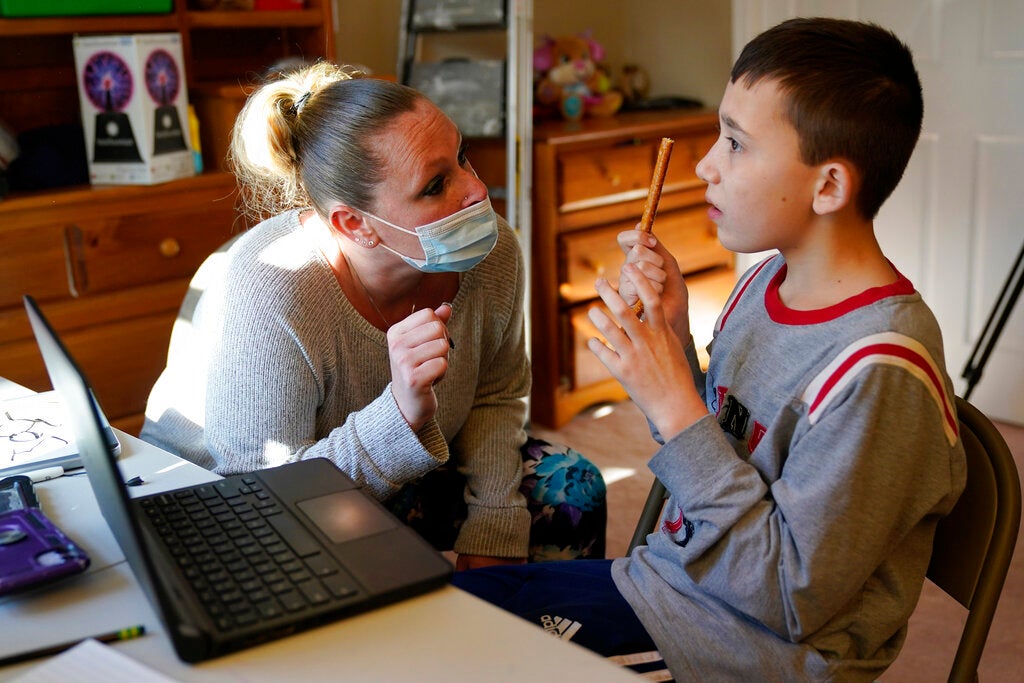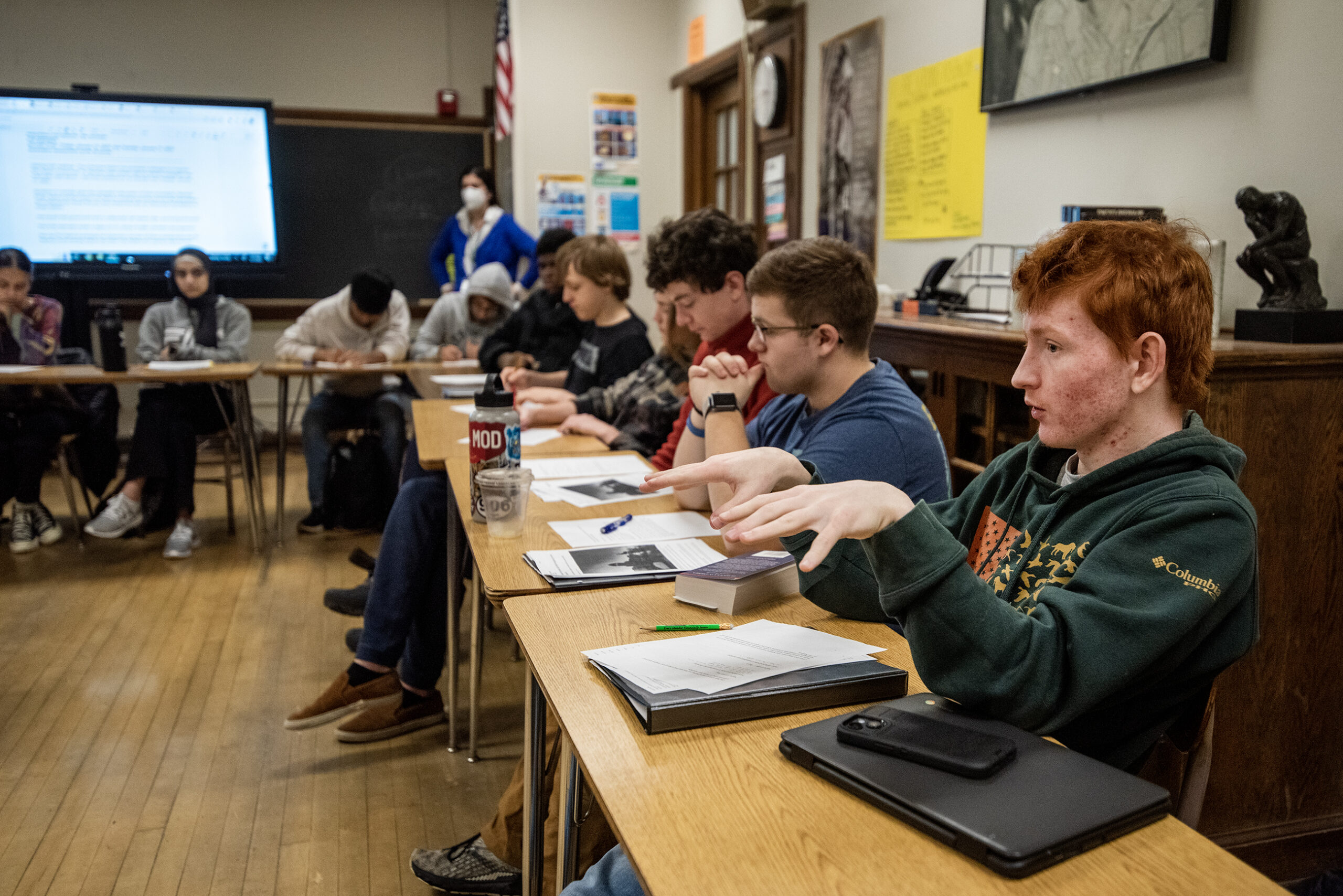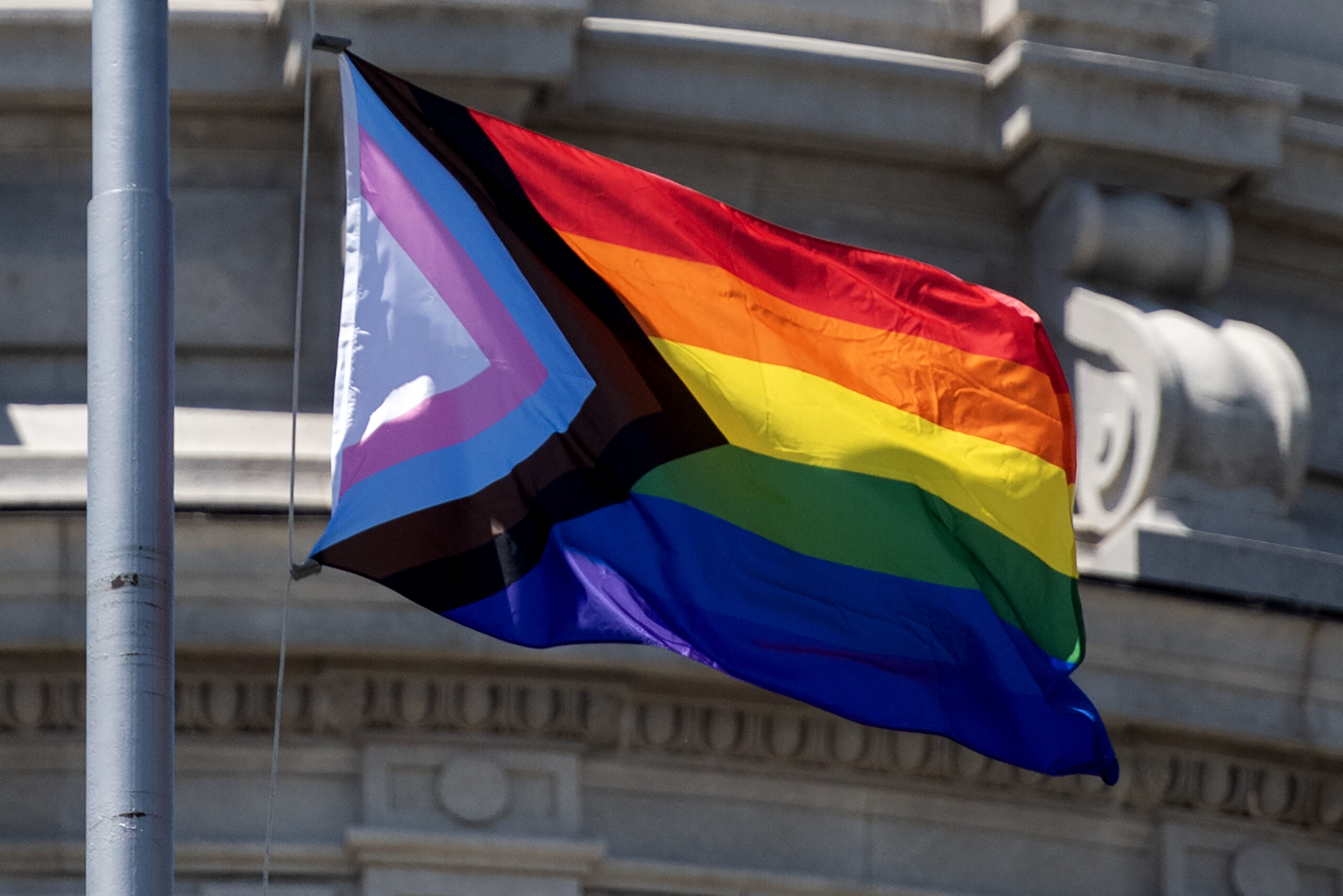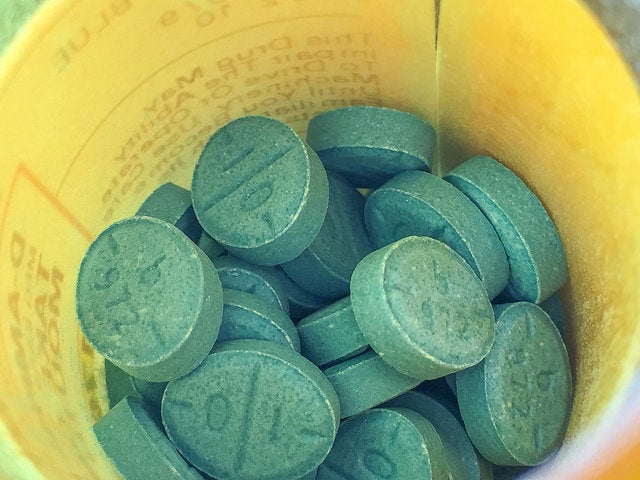As Democratic Gov. Tony Evers urges the Republican-controlled Legislature to allocate $500 million for mental health services, his administration is taking its own, smaller steps by awarding federal aid across the state.
Evers and the state health agency recently announced $1 million in federally funded grants for 10 Wisconsin organizations. Each is receiving $100,000 with the goal of reducing disparities in mental health care. The projects must be completed by the end of the year.
On Wisconsin Public Radio’s “Central Time,” leaders from three of the organizations explained how they plan to put that money into action.
News with a little more humanity
WPR’s “Wisconsin Today” newsletter keeps you connected to the state you love without feeling overwhelmed. No paywall. No agenda. No corporate filter.
Hmong American Friendship Association
The Milwaukee-based group’s $100,000 will fund a survey to identify the needs of the Hmong community, said executive director Lo Neng Kiatoukaysy.
Thousands of Hmong refugees resettled in Wisconsin and other states in the wake of the Vietnam War. Existing mental and behavioral health surveys make it hard to identify the population’s specific needs, Kiatoukaysy said. Hmong people are often categorized as “Asian” or “other.”
“It’s just really hard for us to get the true entity of us,” he said, adding that his group can share survey results with service providers so they better understand the needs of the Hmong community in Wisconsin.
Autism Society of Greater Wisconsin
The organization will use its grant to train mental health providers about autistic neurology, autistic experiences and how different therapies can treat patients with autism, said executive director Kirsten Cooper.
“We’re hoping that at the end of the year, after we rolled out our training and brought in different behavioral health professionals, we will have a longer list of providers that we can point families to,” she said.
About 70 percent of the autistic population has a co-occurring mental health condition, Cooper said. The Menasha-based organization says some families have voiced trouble finding a treatment provider who adequately understands patients with autism and how to care for their needs.
Autism is a brain-based developmental disability that affects how the brain processes and uses information, Cooper said.
“Mental health care really needs to account for those differences in the brain,” she said.
EOTO and Chrysalis
EOTO and Chrysalis, two Madison organizations, will partner to facilitate a diversity, equity and inclusion group for peer specialists. EOTO is an acronym for “Each One Teach One.”
EOTO founder Tara Wilhelmi said peer support is a unique approach, because it requires lived experience with either mental health problems or substance use. Talking with peers opens up more opportunities for recovery, she said.
Wilhelmi said Black Americans face additional challenges due to having less access to therapists with similar cultural and racial identities.
“There is, within the Black community, a lot of undiagnosed mental health (problems) and stigma around receiving support,” she said. “Peer support specialists, by bringing in lived experience, we do a lot to work against those stigmas.”
Wisconsin Public Radio, © Copyright 2026, Board of Regents of the University of Wisconsin System and Wisconsin Educational Communications Board.





